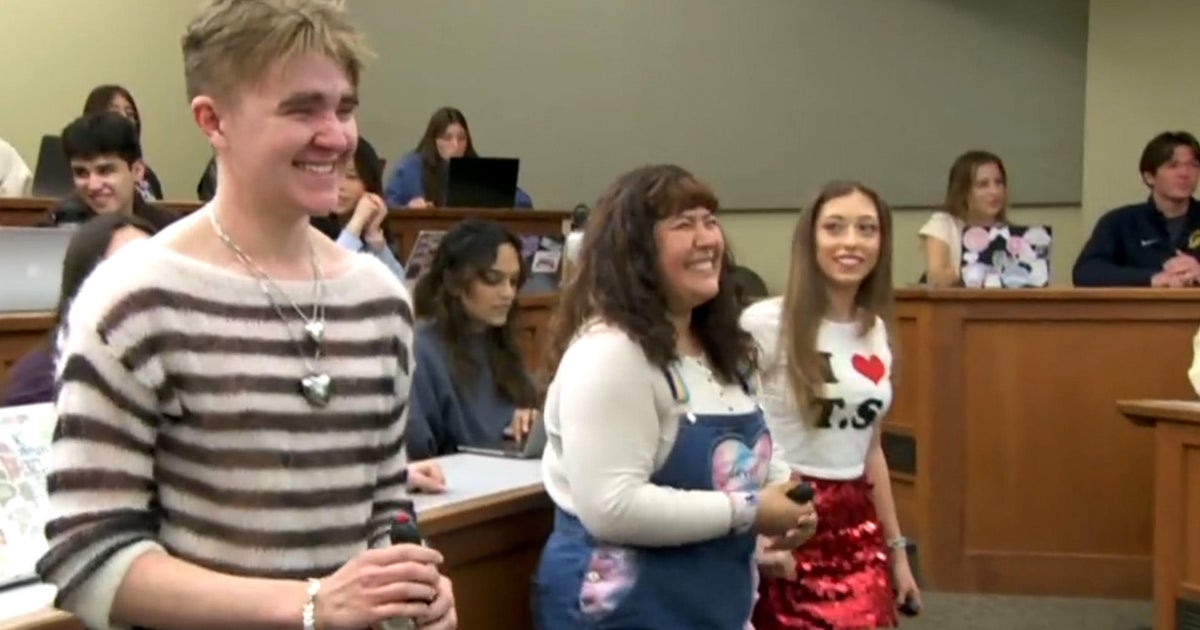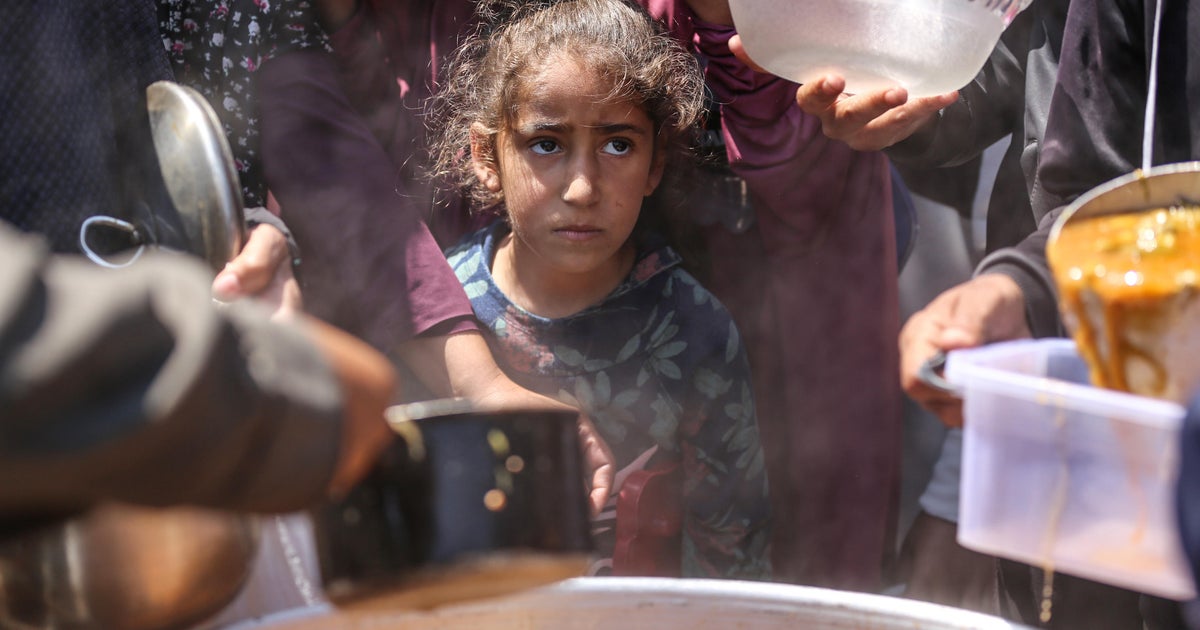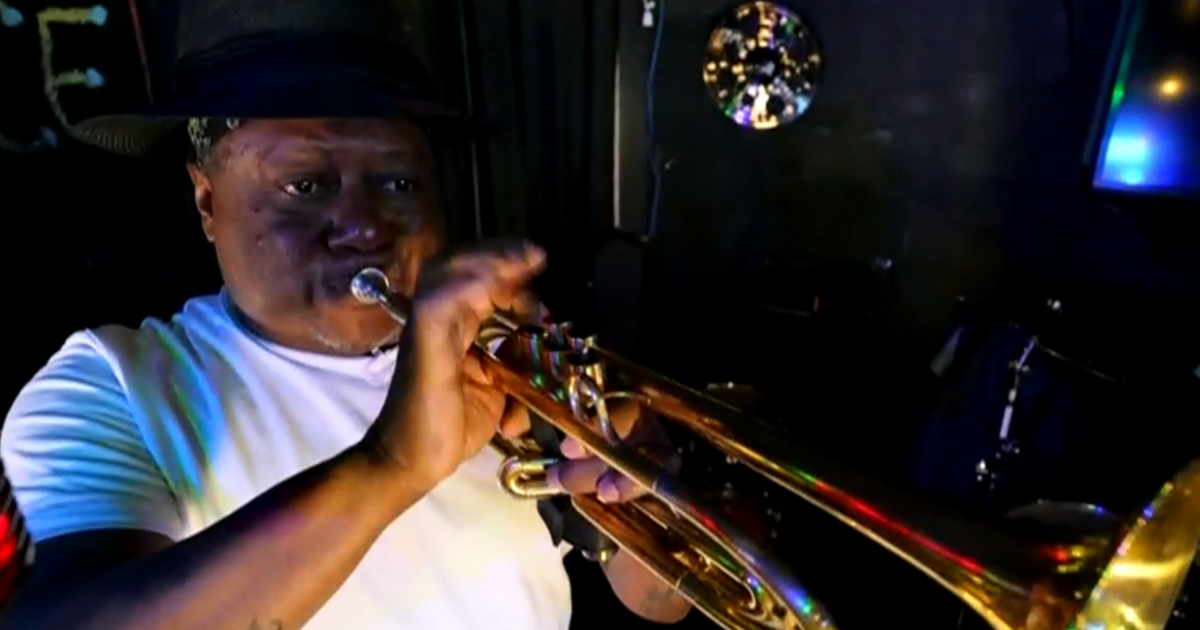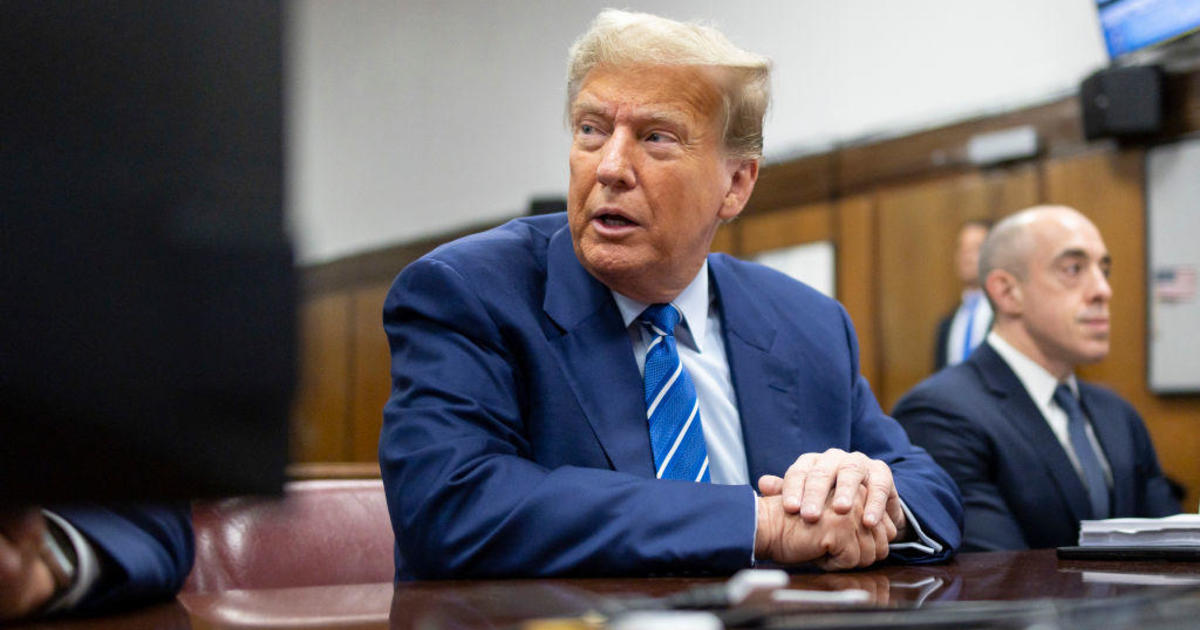Former prosecutor: More evidence of war crimes against Syrian President Assad than there was against Nazis
Stephen Rapp, who served as U.S. ambassador for war crimes issues, says if he ever goes to trial against Syrian President Bashar Assad, it would be a slam dunk. The former war crimes prosecutor says a trove of evidence has been amassed against the Syrian president is even stronger than what the Allies used to convict Nazis at Nuremberg. The Nazi's were famous for documenting their atrocities, but he says even they didn't take photos of individual victims with identifying information.
There are thousands of photos of victims tortured to death by Assad's minions in addition to the paperwork linking their murders to the Syrian dictator. Scott Pelley reports on these crimes and the photographer who risked his life to expose them to the world on the next edition of 60 Minutes, Sunday, February 21 at 7 p.m. ET/PT on CBS.
Over 250,000 civilians have perished in the Syrian civil war that's now coming up on its 10th year. Among them are the individual victims of torture and the masses who have died in gas attacks on rebel-held territory. "We have murder, we have extermination, we have torture, we have rape, we have other forms of sexual violence. We have cruel detention. We have mutilation," says Rapp, who has prosecuted war crimes in Sierra Leone and Rwanda.
Assad's regime documented the events in files that have been abandoned in war zones. More than 900,000 have been smuggled out and archived by the independent Commission for International Justice and Accountability. Rapp chairs the commission, which is largely funded by the U.S. and the European Union. "There's no question they lead all the way to President Assad. I mean, this is a top down, organized effort. There are documents with his name on it. Clearly, he organizes this strategy," he tells Pelley. "We've got better evidence against Assad and his clique than we had against Milosevic in Yugoslavia… even better than we had against the Nazis at Nuremberg, because the Nazis didn't actually take individual pictures of each of their victims with identifying information on them."
That's mostly thanks to 'Caesar,' an alias used by a Syrian military photographer assigned to morgues to photograph the dead from Assad's secret prisons. "It was very clear that they were tortured…They were emaciated bodies, purely skeletons. There were people, most of them had their eyes gouged out. There was electrocution, you could tell by the dark spots on their body that was used there… we could see every type of torture on the bodies of these individuals," he tells Pelley through an interpreter. "I would think, how can this government be capable of doing this to its own people," says 'Caesar,' "I risked my life and the lives of my family, in order to show and to expose to the entire world the true face of this dictatorship of the Assad regime."
'Caesar' put his photos on a flash drive and gave them to his friend, 'Sami,' also an alias, who uploaded them to a computer and smuggled them out. They were very incriminating, he says. The government even kept track of the number of dead: "With each body, there's usually three numbers associated with it written on different parts of their bodies," he says. "The first being the number of the detainee, the second is the number of the intelligence branch that tortured that individual to death. And the third number was given by the doctor which was a sequential number signifying which number of dead body he or she was."
They also did it so their friends and neighbors could one day know what happened, 'Sami' says. "It was a responsibility upon us, upon Caesar and I, a responsibility to the Syrian people to be able to show them-- prove to them, let them know what has been the fate of their loved ones."
The FBI examined a sample of 242 of 'Caesar's' images. They stated they could find no evidence they had been manipulated.
Unfortunately, all this evidence may never lead to a conviction of Assad or anyone else. Syria's allies, Russia and China, vetoed attempts by the UN to bring Syria to the International Criminal Court. Assad is close to victory in the civil war, and so criminals will probably be safe in Syria under his iron fist.
Still, Rapp has hope. "I'm an optimistic American. I've seen other situations that we thought were pretty hopeless, where nobody thought there'd ever be justice where we succeeded. The possibilities are there and one of the ways that we build toward that is get the solid evidence now."



